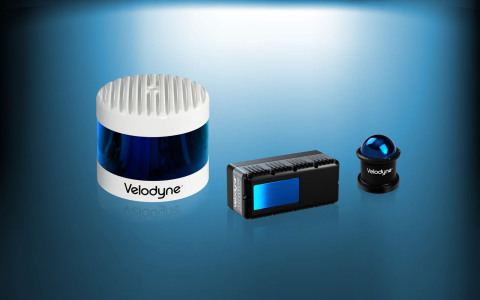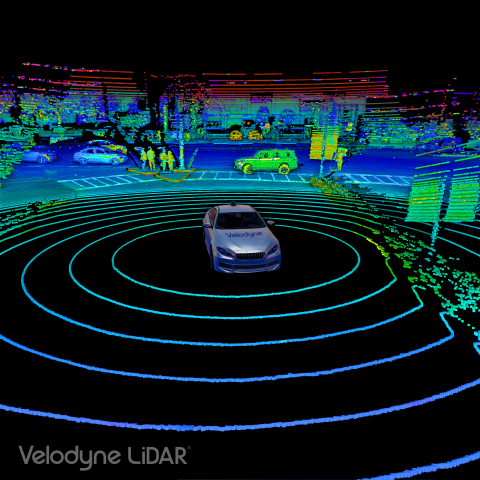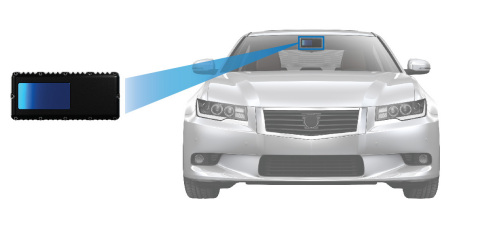RÜSSELSHEIM, Germany--(BUSINESS WIRE)--Dr. Mircea Gradu, Sr. Vice President Quality and Validation at Velodyne Lidar, Inc., will deliver a featured presentation on lidar technology at the upcoming International VDI Conference – Automotive Sensor Systems in Munich, Germany on February 14. Gradu will review the critical success factors in testing and validation that lidar sensors must achieve to support vehicle autonomy and advanced driver assistance systems (ADAS).
During his presentation, Gradu, a distinguished engineer who is an Officer and the 2018 President of SAE International, will propose that the autonomous vehicle (AV) community work together – in a non-competitive way – to identify requirements and methods for lidar sensor testing and validation. The initiative’s goal would be to create a repository of sensor validation items that can become an industry standard and available to every company in the industry.
Velodyne has more than a decade of experience in the manufacturing and validation of lidar sensors that support the stringent safety and reliability requirements of automotive OEMs and Tier 1 suppliers. The company has extensive in-house validation capabilities and a network of external labs. It also has knowledge from millions of road miles driven by its automotive, technology, and commercial vehicle customers.
“Companies in the autonomous space need to work together – just as companies in the aerospace industry cooperate on safety issues – in order to ensure the safe launch of AVs,” said Gradu. “Velodyne is committed to fostering this industry learning experience to apply rigor into sensor validation, especially in addressing corner cases that present high safety risk.”
At the International VDI Conference, attendees will hear Gradu provide an overview on advanced lidar solutions, along with a look at market segmentation and specific requirements for lidar. Gradu will address key considerations in lidar component testing and system validation. He will also examine safety and standardization implications for lidar in providing advanced driver assistance capabilities, such as Lane Keeping Assist (LKA), Automatic Emergency Braking (AEB), and Adaptive Cruise Control (ACC).
To help conference attendees learn about driver assistance systems, Velodyne and the International VDI Conference have posted a white paper on driver assistance technology on the conference website. The paper discusses the levels of vehicular automation defined by SAE, the advantages of lidar sensors, and how lidar enables a safety-first approach that provides significant advances in driver assistance.
Gradu’s session, called “Advanced Safety Lidar Solutions and Opportunities in their Testing and Validation,” takes place on February 14, from 9:00 to 9:30 a.m. at the Rilano Hotel in Munich, Germany.
Velodyne’s product portfolio meets the entire range of lidar needs for AVs and ADAS, providing the real-time perception data that enables safe and reliable operation. Velodyne produces both directional and surround-view sensors with best-in-class range and resolution. The rich computer perception data provided by these sensors allows immediate object and free space detection for safe navigation.
About Velodyne Lidar
Velodyne provides the smartest, most powerful lidar solutions for autonomy and driver assistance. Founded in 1983 and headquartered in San Jose, Calif., Velodyne is known worldwide for its portfolio of breakthrough lidar sensor technologies. In 2005, Velodyne’s Founder and CEO, David Hall, invented real-time surround view lidar systems, revolutionizing perception and autonomy for automotive, new mobility, mapping, robotics, and security. Velodyne’s high-performance product line includes a broad range of sensing solutions, including the cost-effective Puck™, the versatile Ultra Puck™, the perfect for L4-L5 autonomy Alpha Puck™, the ADAS-optimized Velarray™, and the groundbreaking software for driver assistance, Vella™.





